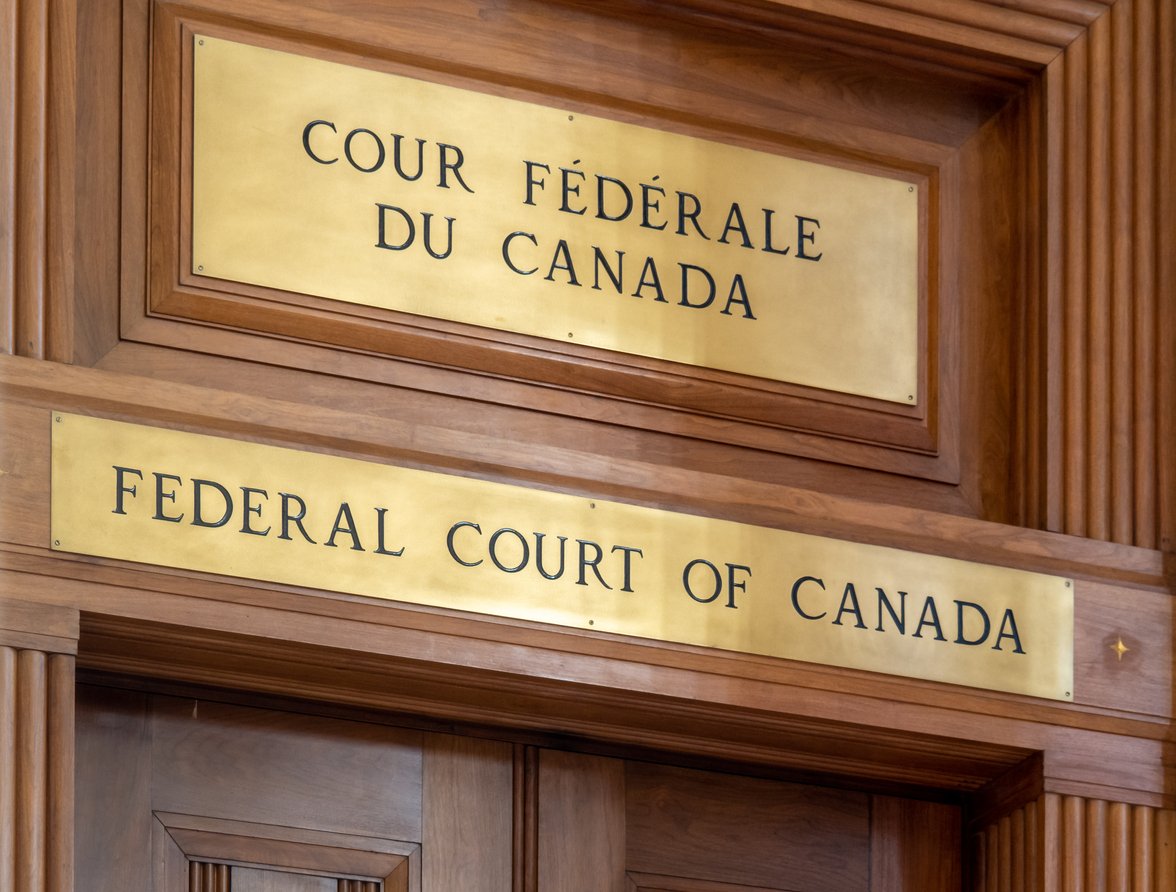
Intellectual property suits before federal court involve internet protocol television services

Métis Nation of Canada’s founder and Fort McKay Métis Nation Association are parties in cases scheduled to be heard by the Federal Court this week. The court also dealt with matters involving intellectual property infringement and COVID-19 benefits.
On Monday, the court heard Fequet v. His Majesty the King, T-2017-22. The plaintiff, founder of Métis Nation of Canada, alleged that the federal government negligently discriminated against him when it failed to recognize him and his descendants as aboriginal people under s. 35(2) of the Constitution Act, 1982. He wanted Canada to financially compensate him and to grant him certain fishing rights.
On Tuesday, the court heard Ganesh v. Minister of National Revenue, T-89-23. A judicial review application challenged the Canada Revenue Agency’s decision demanding the applicant to repay the COVID-19 benefits received. The applicant, a self-employed individual, claimed to be eligible to receive the benefits based on the definition of “worker” in s. 2 of the Canada Emergency Response Benefit Act, 2020.
On Wednesday, the court heard Yelda Haber Ve Görsel Yayincilik A.S. v. GLWiZ Inc. et al, T-206-21. The plaintiff alleged that it was an enterprise headquartered in Istanbul, Turkey that created, owned, broadcasted, and streamed original entertainment programs for television, while the defendant operated a Canadian-based global service that delivered multicultural programming through internet streaming.
The plaintiff filed a copyright infringement action arguing that the defendants distributed its programs without a license. The defendants brought a discovery motion seeking to compel the plaintiff to answer certain questions.
Last June, in Yelda Haber Ve Görsel Yayincilik A.S. v. GLWiZ Inc., 2023 FC 778, the Federal Court ordered the plaintiff to answer the identified questions and allowed the defendants to conduct a further examination for discovery.
Also on Wednesday, the court heard Corriveau v. His Majesty the King, T-138-19. The plaintiff asked for the certification of a class proceeding under r. 334.16 of the Federal Courts Rules, SOR/98-106 against the Royal Canadian Mounted Police (RCMP) based on negligence, breach of the duty of care, vicarious liability, and systemic negligence.
The plaintiff alleged inappropriate conduct by the physicians that the RCMP designated to conduct medical examinations as a prerequisite for admission. The parties agreed upon the certification order’s terms.
In March, in Corriveau v. Canada, 2021 FC 267, the Federal Court certified the action as a class proceeding. It defined the class, appointed the plaintiff as the class representative, and appointed Kim Spencer McPhee Barristers P.C. as class counsel.
On Thursday, the court will hear Adeia Guides, Inc. v. Videotron Ltd., T-841-21. Rovi Guides Inc. filed a patent infringement action against Videotron Ltd. in connection with four patents involving digital entertainment technologies such as the Interactive Program Guides, which lets users find programming, navigate from one channel or source to the next, search for and record content, and remotely view content.
In June 2022, in Rovi Guides, Inc. v. Videotron Ltd., 2022 FC 981, the Federal Court held that the case management judge made no palpable and overriding error by dismissing Videotron’s motion to strike portions of Rovi’s amended claim relating to either common design or attribution.
On Friday, the court will hear Fort McKay Métis Nation Association v. The Minister of Crown-Indigenous Relations, T-589-23. The applicant alleged that the respondent failed to uphold the Crown’s honour by negotiating and ultimately entering into the Métis Nation Within Alberta Self-Government Recognition and Implementation Agreement and by breaching Canada’s duty to consult and to accommodate before entering into the agreement.
Also on Friday, the court will hear Mediatube Corp. et al v. Bell Canada, T-705-13. The patent owner alleged that Bell Canada infringed its patent with its internet protocol television services called Fibe TV, offered in Ontario and Quebec, and FibreOp TV, offered in Nova Scotia, New Brunswick, and Newfoundland and Labrador.
In January 2017, in Mediatube Corp. v. Bell Canada, 2017 FC 6, the Federal Court dismissed the action. The patent was valid but was not infringed, the court found.